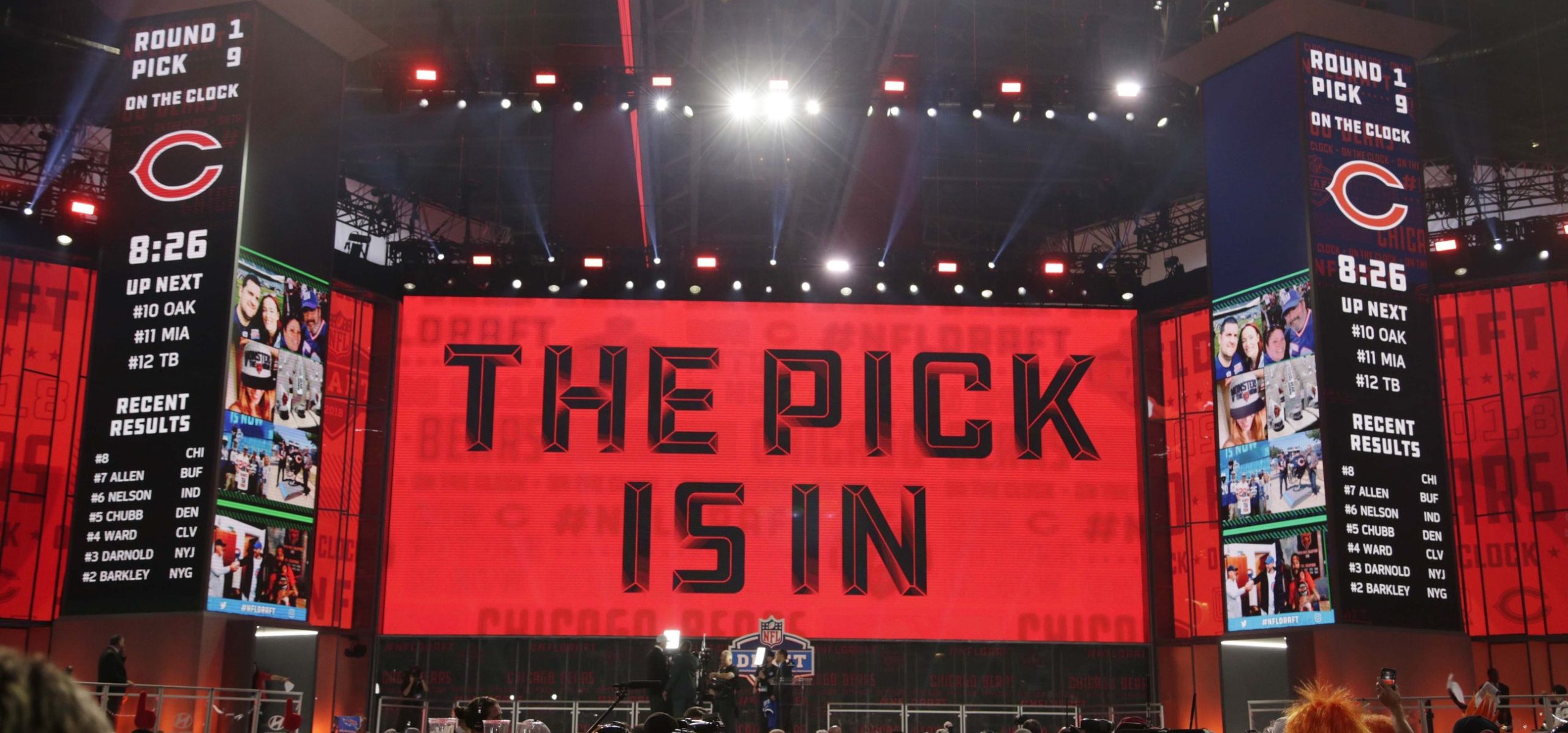The first season of NBC’s Heroes coincided with the second season of ABC’s Lost. While the former blasted out of the gate with a fresh take on superheroes, the latter fumbled its stellar opening run with a second season that slowed down and confused audiences. All of a sudden, there were rumblings that Heroes has usurped Lost’s mantle as the best genre show on television.
As the second season of Heroes approached, there was a notable amount of hype thrown in the direction of the show. NBC pulled out all the stops from billboards to appearances to cover stories. The piece de resistance was red carpet special that aired before the first episode of the second season. The Heroes cast made their way down the carpet as if they were arriving at a movie premiere, stopping to do an interview along the way to justify the mounting hype that preceding the show. NBC had turned the show into a spectacle and the pressure was on to live up to that hype.
Heroes was not up to the challenge. The show made the all-too-familiar decision to sideline characters that audiences cared about in order to introduce new characters they didn’t. It split up the main cast into varying plotlines, which removed the camaraderie and relationships that made the first season work. Storylines either went nowhere or were stretched so thin that they barely registered. And the show continued to fall apart from there.
Meanwhile, Lost recovered in its third season. While ABC’s genre hit had issues of its own, the season-ending “flash forward” breathed new life into the show and allowed it to remain a relevant part of the pop culture scene while Heroes faded into obscurity.
As we approach the second season of Netflix’s Stranger Things, last year’s mega-hit genre show that balanced 80s nostalgia while creating a fun story of its own, it’s hard not to think of shows like Heroes and how easy it can be for a genre property like this to lose focus. We can assume that The Duffer Brothers have learned from the mistakes of others and seen where their predecessors have faltered on the return trip, but oftentimes it’s hard to avoid the pitfalls because of all the added pressure that initial success brings with it.
A recent example would be USA’s Mr. Robot. The Sam Esmail show about a hacker who gets involved with an anarchist group to take down a massive corporation was a bold and unique show in its first season. Each episode peeled back a layer of truth until, by the end of the season, many things we, and the main character, understood were completely flipped.
In the second season, however, the show sputtered. They made the classic mistake of playing the long game, splitting characters up and creating a “bridge” season meant to buy time and stretch the show out. Because the first season includes a huge twist, they tried to do it again and failed to elicit the same shocks and revelation. Instead, it felt like a gimmick. Because it was.
There’s no specific reason to think Stranger Things will walk down the same road, but there are some warning signs all the same. Perhaps the biggest one is the way we seem to have anointed The Duffers as “experts” already. The creative duo has popped up in the news every so often touting their show’s place in the pop culture canon, speaking out on the way we consume entertainment, and have even called their own shot at how long Stranger Things will last. They haven’t been cocky or condescending, but they’ve transcended their own TV show to become entities that people look to for answers and opinions. That’s a tricky spot to be in when the only thing to back that up is one season of a television show. How much of their focus is on being that and how much is on telling a good story?
The other big concern has to be the desire to provide fan service. The first season of Stranger Things succeeded by landing a tricky balance between fan service and fresh ideas. They peppered episodes with references, some direct, some indirect to 80s pop culture and nerd culture. They never overdid it, always giving audiences just enough to feel like they’re in on the reference before moving on to tell their own tale. That’s something very few movies and TVs shows set in the 70s and 80s have been able to pull off. Usually, there’s a desire to pander by shoving references in the audience’s face and hoping that’ll be enough.
https://www.youtube.com/watch?v=vgS2L7WPIO4
While the show didn’t do that in season one, it’s the easiest way for things to go sideways (or upside-down, as it were) in season two. Netflix has honed in on the 80s nostalgia vibe hard in their marketing of the show. Almost all their promotions and videos have been about tapping into direct 80s references or drawing the lines so clearly you can’t miss them. One wonders if that’s been a directive given to the Duffers when it comes to making the show as well. We already know that the kids dress up as the Ghostbusters for Halloween, which makes logical sense, but the hope is that we’re not then overindulged in Ghostbusters quotes and callbacks at the expense of telling the best story possible.
Last time around, Stranger Things flew under the radar up until the day it premiered on Netflix. The Duffer Brothers had free reign to make the show they wanted, how they wanted. This time, they’re coming in up against massive hype and specific expectations of fan service and nostalgic hitpoints. If they can pull it off with another successful season, it might be even more impressive than the initial run. If they falter, however, we might look back at the time between the two seasons and realize why.






